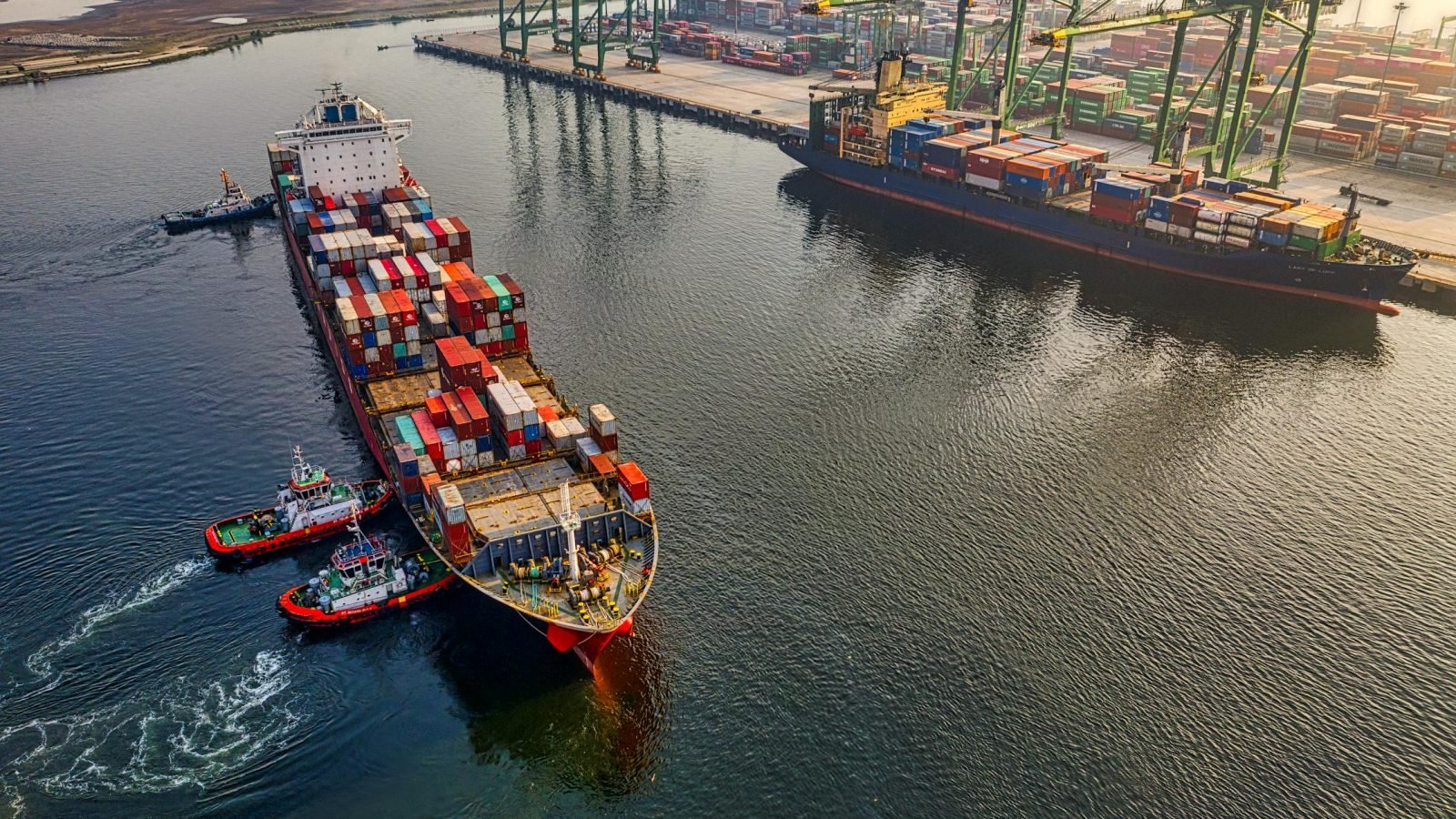Iranian forces have reportedly seized an Israeli-associated commercial cargo vessel in the Strait of Hormuz.
Iran’s military took control of the MSC Aires on Saturday. This latest action comes after Israel launched strikes on an Iranian embassy in Syria.
Various Western leaders are currently attempting to secure the release of the cargo vessel.
Was this the highly-anticipated Iranian response, or is this merely yet another escalation of tensions within the region?
Take a look at the latest developments in the rapidly growing conflict in the Middle East:
BREAKING.🚨
Iran seizes Israel-linked cargo ship in a military escalation threatening regional war in the Middle East. pic.twitter.com/5mSgYrE6Xb
— Kyle Becker (@kylenabecker) April 13, 2024
Israeli Rear Admiral Daniel Hagari issued this statement in response to the vessel’s capture:
“Iran is the largest sponsor of terrorism in the world, and its funding of militias in Iraq, Syria, and Yemen has turned the matter into a global conflict.
The Israeli army is prepared for all scenarios and will take the necessary steps in cooperation with our allies to protect our people.
Iran will bear the consequences for choosing to escalate the situation any further. We have increased our readiness to protect Israel from further Iranian aggression. We are also prepared to respond.”
ISRAEL THREATENS IRAN AFTER SEIZING CARGO SHIP
Rear Admiral Daniel Hagari:
“Iran is the largest sponsor of terrorism in the world, and its funding of militias in Iraq, Syria, and Yemen has turned the matter into a global conflict.
The Israeli army is prepared for all… pic.twitter.com/ZOPelXmAJ9
— Sulaiman Ahmed (@ShaykhSulaiman) April 13, 2024
BBC News provided breaking coverage of the incident and reported these details:
The MSC Aries was boarded by Iranian special forces about 50 miles (80km) off the coast of the United Arab Emirates, a statement from the vessel’s operator MSC said.
The Portuguese-flagged ship is linked to Israeli billionaire Eyal Ofer.
British Minister of Defense Grant Shapps also had this to say in the wake of the ship’s capture:
“Iran’s seizure of the MSC Aries cargo ship is unacceptable and a flagrant violation of international law. We call for the unconditional release of the ship and its crew without delay
We are working with partners to prevent escalation in the Middle East and Iran must stop its destabilizing behavior.”
BREAKING: BRITISH DEFENSE MINISTER OFFICIAL STATEMENT
“Iran's seizure of the MSC Aries cargo ship is unacceptable and a flagrant violation of international law
We call for the unconditional release of the ship and its crew without delay
We are working with partners to prevent… pic.twitter.com/tXacwMQzrE
— Sulaiman Ahmed (@ShaykhSulaiman) April 13, 2024
ISRAEL-GAZA CONFLICT = ESCALATING AND SPREADING.
Iran's Islamic Revolution Guards Corps (IRGC) has seized an Israeli-linked cargo ship in the Strait of Hormuz.pic.twitter.com/HierJX8zaW
— Steve Hanke (@steve_hanke) April 13, 2024
NBC News explained:
As companies avoid the Suez Canal, which feeds into the Red Sea, and opt instead to go around Africa to get to the Indian Ocean, it can add up to 14 days to a shipping route, incurring higher fuel costs.
And since ships take a longer time to get to their destinations, delays in container and commodity deliveries are inevitable.



Join the conversation!
Please share your thoughts about this article below. We value your opinions, and would love to see you add to the discussion!